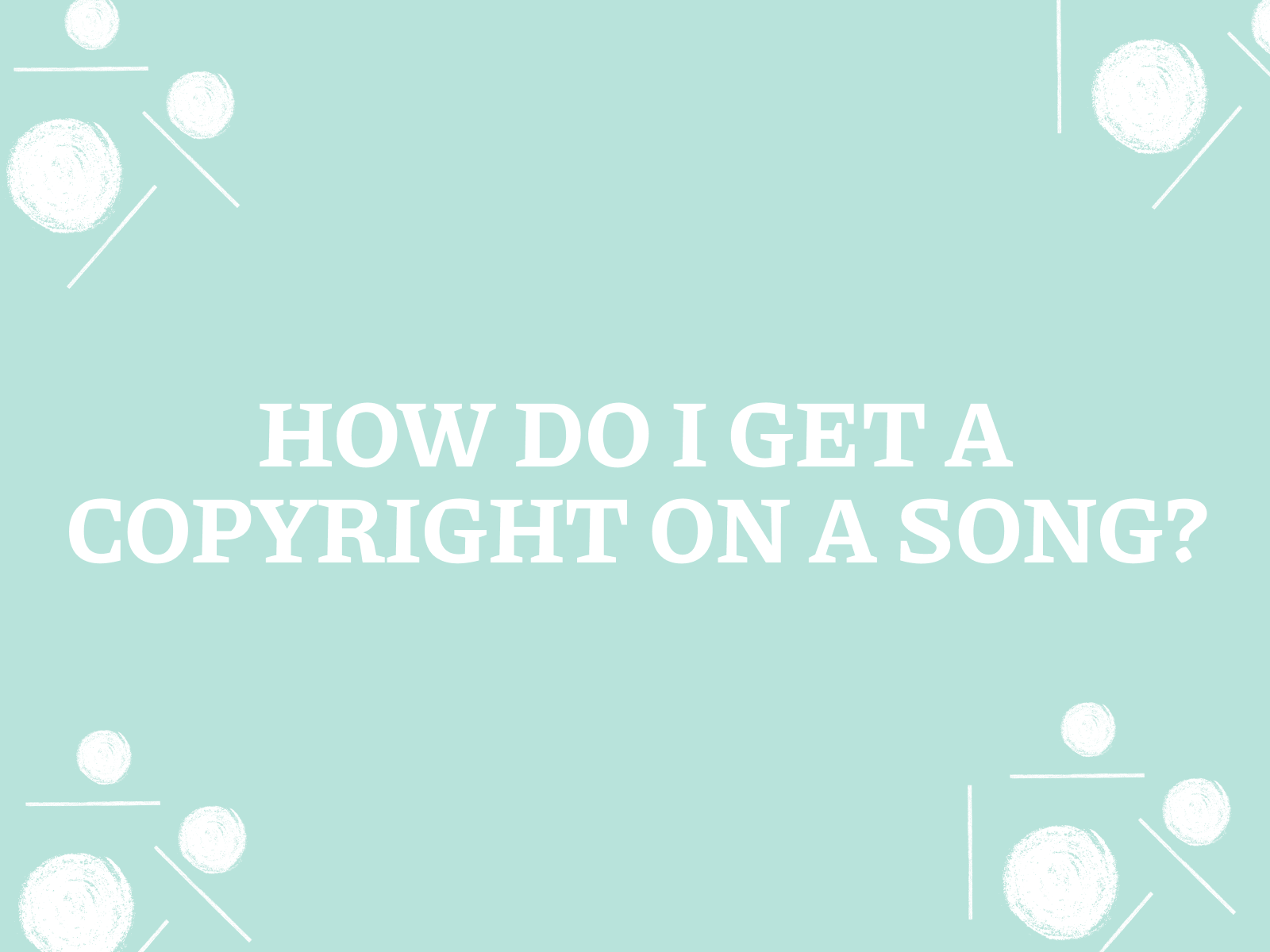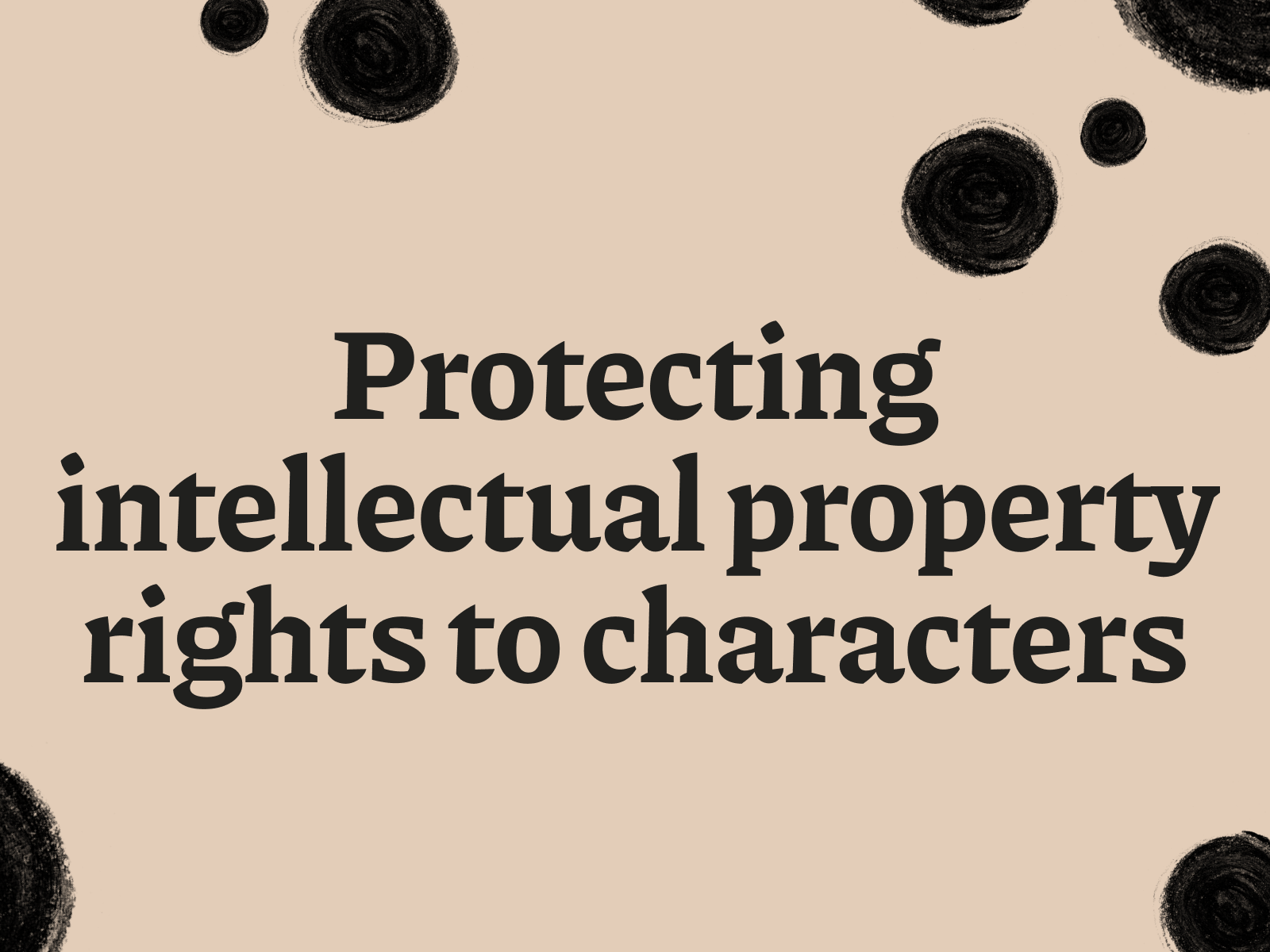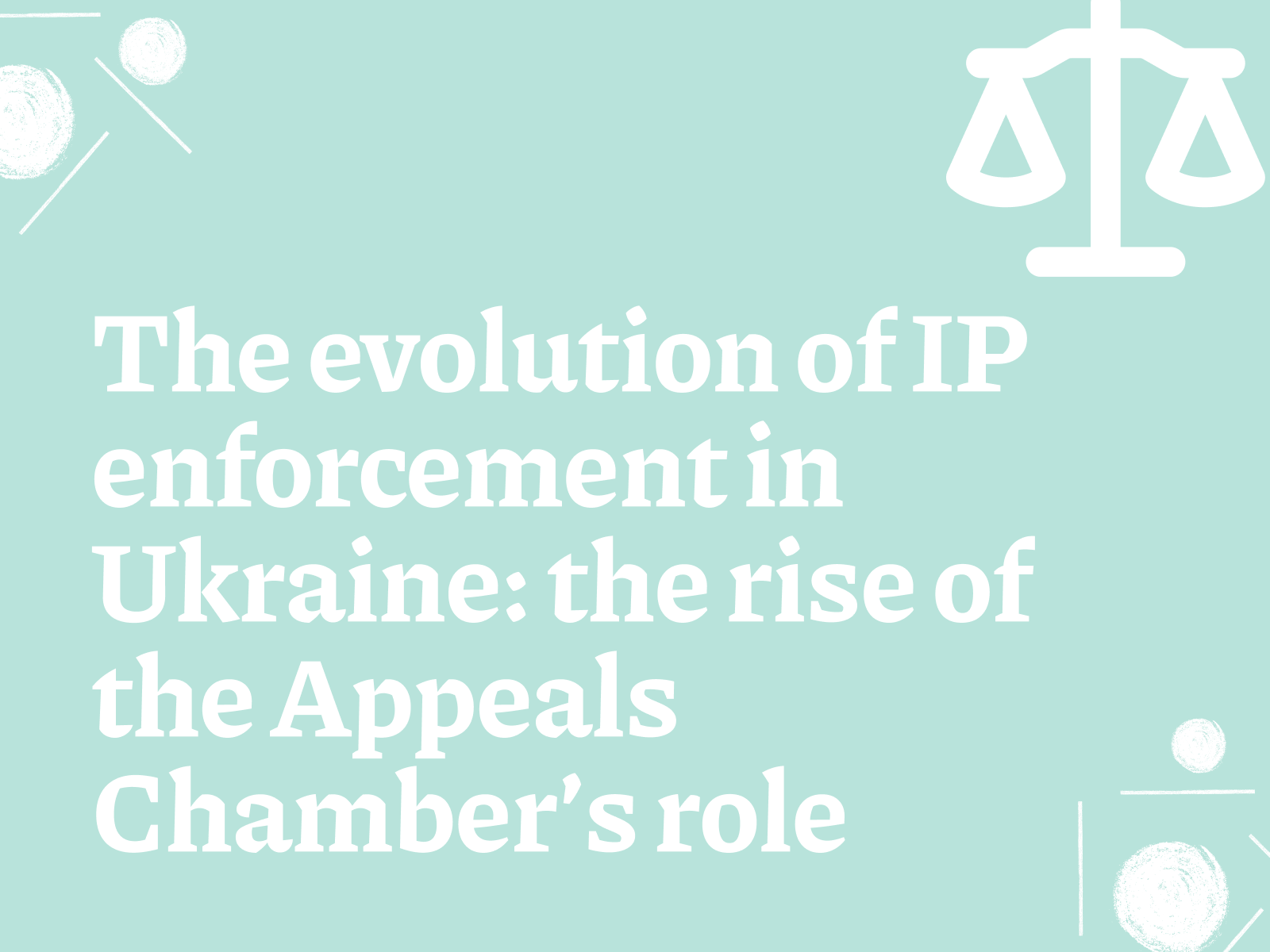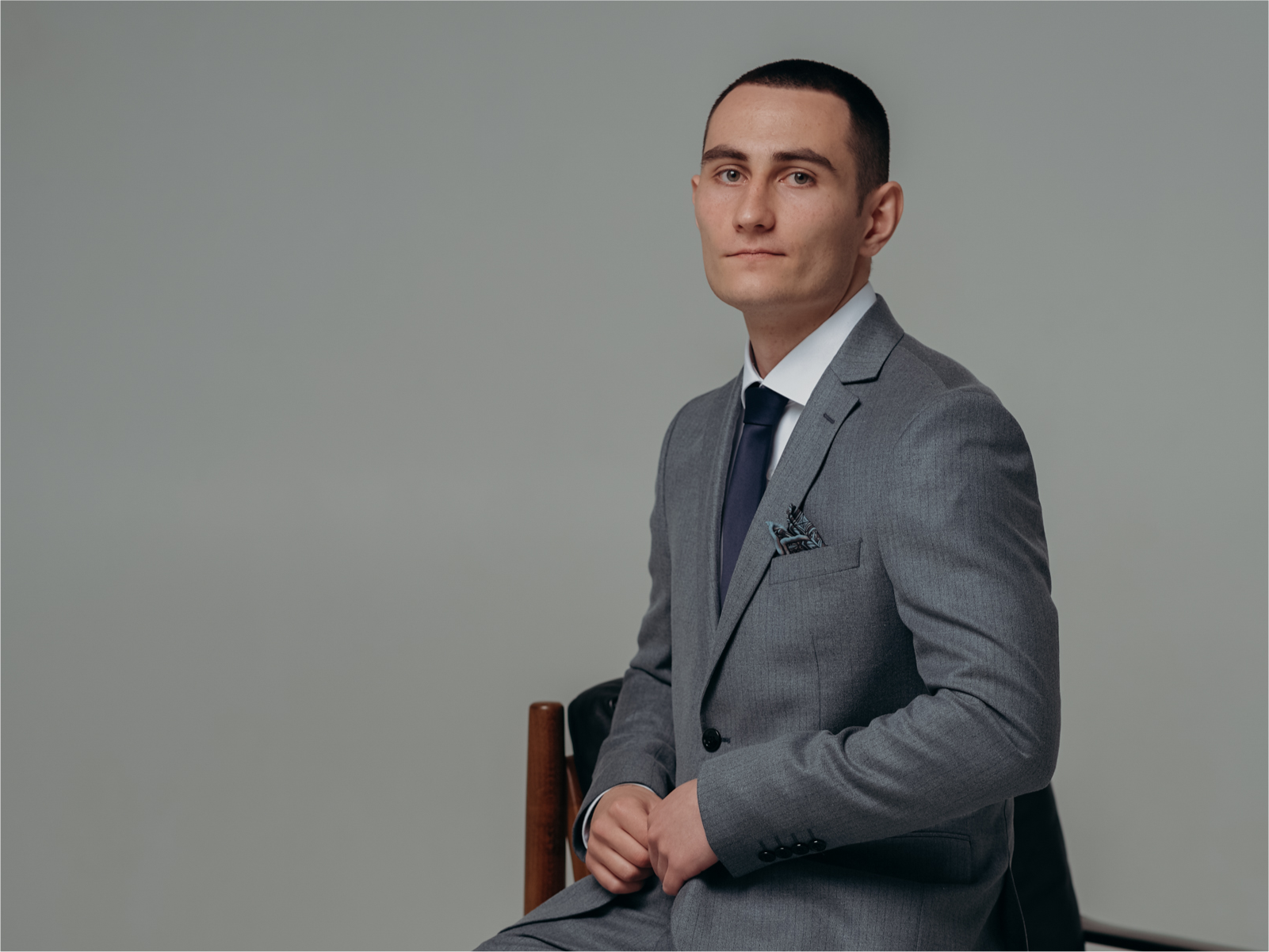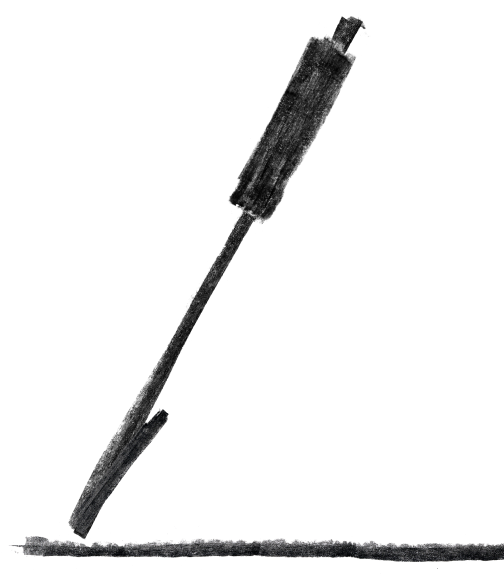As a songwriter, you put creativity, energy and passion into making music that moves and inspires listeners. However, simply writing a great song is only part of the process. To protect your intellectual property and ensure that you receive all the benefits of your creative work, it’s important to understand copyright law. Song copyright grants a number of exclusive rights, including the right to publicly perform, sell copies, or licence your work.
What is a copyright on a song?
Copyright is a form of legal protection relating to original works of authorship, including musical works such as songs. In the case of a song, copyright can protect the following individual elements:
- Melody: the musical notes and sequence of sounds that characterises a song.
- Text: words that convey thoughts and emotions.
- Arranging: how different instruments and vocals come together to create a whole piece of music.
Copyrighting a song grants the following exclusive rights:
- Public performance: control over live performances and broadcasts of a song on radio, television, or the Internet. This means that performers, television and radio stations, or concert venues must obtain the author’s permission to use the song publicly.
- Reproduction: The exclusive right to make copies or recordings of a song. This includes making physical copies (CDs, vinyl records) or digital files for distribution on the Internet….
- Distribution: the right to sell or distribute physical or digital copies of a song. This is important for generating income from the sale of your own music as well as controlling its distribution.
- Licensing: the ability to grant others the right to use your song for a fee or under certain conditions. For example, you can grant a licence to use a song in a film, TV show, advertisement, etc….
- Adaptation: the right to create derivative works, such as translations or new arrangements. This also protects the author from unauthorised use of the song in an altered form.
It’s important to realise:
- Copyright is automatic: in most countries, including Ukraine, copyright arises automatically at the moment of creation of a work that is original. It does not have to be officially registered or special documents obtained for it.
- Copyright does NOT protect general ideas: for example, if you wrote a love song, that is a general idea that is not protected. However, a specific way of expressing that idea, a unique word order, a melody – may already be protected.
- Song title and copyright: there are often questions about protecting song titles. The title as a short phrase may not be covered by copyright. However, there are concepts of trademark and trade name that can protect this particular part.
How does song copyright work in Ukraine?
Ukraine is a member of international copyright agreements, in particular the Berne Convention for the Protection of Literary and Artistic Works. This means that your creativity is protected not only in Ukraine, but also in other countries that are parties to this convention. One of the key features of Ukrainian copyright law is:
- Automatic legal protection: copyright in a song arises automatically at the moment of its creation, provided that it has an original character and is fixed in a certain form (on paper, audio recording, etc.). Official registration is not compulsory.
- Copyright symbol ©: The use of this symbol is optional but desirable. The © symbol, along with the name of the author (or team of authors) and the year of first publication, is a simple way to emphasise the copyright of a work.
- No formal registration required: although the right arises automatically, it is possible to register copyright in a song voluntarily. Such registration provides additional proof of copyright.
- Copyright Term: in Ukraine, the copyright on a song lasts for the life of the author plus another 70 years after his death. The song then passes into the public domain.
Copyright registration in Ukraine
Although Ukrainian law does not require mandatory copyright registration, it can be useful for additional confirmation of ownership of a song and simplifying the process of defending one’s rights in case of disputes. Registration is carried out at the Ukrainian National Office of Intellectual Property and Innovation.
Copyright is a complex issue and legislation is constantly being updated. For up-to-date information and qualified legal assistance in registering a song copyright, it is worth contacting an experienced intellectual property specialist.
Copyright vs. Patent
The question of “patenting a song” often arises. It is important to understand that songs cannot be patented, because patents and copyright are different legal protections:.
- Copyright protects original creative expression such as works of art, music, literature. It arises automatically at the moment the work is created.
- Patent protects technical inventions, new products or production methods. To obtain a patent, you must file a special application and prove that the invention is new and useful.
Why aren’t songs patentable?
Patents are mainly concerned with functional inventions that have a clear practical use. A song is regarded as an artistic work rather than a technical invention. Melodies, lyrics and arrangements of songs are forms of artistic expression that are protected by copyright.
Practical advice for musicians and songwriters
Understanding copyright law is the foundation for developing a career as a musician. Here are some additional tips:
- Fixing the date of creation of the work: having proof of when the song was created can be useful in case of disputes. There are several mechanisms for this: notarising the time of submission of the document, sending yourself a registered letter with the sketches of the song, attesting authorship on specialised online platforms, etc..
- Use the Copyright Mark ©: stating © along with your name (or creative pseudonym) and the year of first publication is a simple, but effective, way to emphasise your copyright.
- Professional advice: for clarification on registration, copyright protection or transactions related to the use of a work, it is worth contacting an experienced lawyer specialising in intellectual property.
- Collaboration with copyright management organisations: in Ukraine there are special collective organisations dealing with the collection of royalties, control over the use of musical works and distribution of funds to authors. Registration with such an organisation can make it easier to monitor the public use of your songs and receive royalties.
Copyright legislation and mechanisms for its protection are constantly changing and being supplemented. It is important to keep abreast of the current provisions of the laws and use all available tools to ensure the reliable protection of your copyright property.
Conclusions
Copyright is a powerful tool to protect your creativity as a songwriter. It arises automatically when you create a song, giving you exclusive rights to use and distribute it. Voluntarily registering a song copyright provides additional legal proof of your authorship. Do not confuse copyright with a patent – these are different ways of protecting intellectual property.
For detailed advice on protecting your rights and resolving your copyright issues, contact the experienced intellectual property lawyers at Polikarpov Law Firm.
Take care of your creativity!
What elements of the song are protected by copyright?
In Ukraine, copyright in a musical work protects the following key elements:
- Melody: is the sequence of musical notes characteristic of a particular song. The defence of melody is the main element that distinguishes one piece of music from another.
- Harmony: the hertic combination of simultaneously sounding notes that form chords and their sequences. The harmonic structure of a song gives it “fullness” and helps to create a musical mood.
- Text (lyrics): the words of the song are protected as a literary work. The unique lyrics, rhyming, and figurative language are all part of the work that have legal protection.
- Musical arranging: is the way the different elements of a song – melody, harmony, rhythm, timbre, etc. – are combined together to create a completed piece of music. Copyright law protects a unique arranging approach that adds to the characteristics and character of a song.
It’s important to note:
- Spontaneous improvisations are not recorded: Improvised riffs, unless recorded or notated, are not directly copyrightable. However, if such improvisation later develops into a complete musical work, it can be protected.
- Song ideas are not protected: copyright applies only to the specific embodiment of the idea, not to the idea itself. For example, the general idea of writing a “love song” is not protected, but the unique lyrics, melody and arrangement of such a song would be protected.
Registration is optional: in Ukraine, copyright protection arises automatically from the moment a song is created in a fixed form (sheet music, sound recording, etc.). However, voluntary copyright registration provides additional advantages for defence in case of legal disputes.
What is the duration of copyright protection for a song?
In Ukraine, the duration of copyright protection for a song is defined as follows:
- In the life of the author: copyright begins when the song is created and lasts for the life of the author.
- Plus 70 years: after the death of the author, copyright continues to protect the song for another 70 years.
- Anonymous works: if a song is published anonymously or under a pseudonym and the identity of the author is unknown, the protection is valid for 70 years after first publication.
Important Notes:
- This applies to both the musical and textual elements of a song, as they are treated as a single work.
- The date of death of the co-writer who died last (if more than one person worked on the song) is taken into account.
- Once copyright protection ends, the song enters the public domain and can be freely used by anyone without obtaining permission.
Example: If a song was created and published in Ukraine in 2023 and its author died in 2065, copyright protection will be valid until the end of 2135 (2065 + 70 years).
What should I do if I think my song has been illegally used?
If you suspect that your song has been used illegally, it’s important to act quickly to protect your copyright. Here are the steps to follow:
- Evidence collection
- Document the details of the infringement: record where and when you encountered the suspected illegal use (websites, streaming platforms, public performances, etc.). Create screenshots or, if possible, save copies of the pirated content.
- Determining the type of infringement: try to determine exactly how your copyright is being infringed (public performance, unauthorised distribution, creation of derivative works, etc.)
. - Assess the damage done: consider whether you have suffered financially from the illegal use of the song (lost revenue, lost royalties).
- Contact the offender
- If information is available: find the contact details of the person or organisation you believe is infringing your copyright. Send them a written notice clearly explaining your claims and attaching relevant evidence. Demand that the unlawful use cease and that they be compensated for damages (if any).
- Platform for posting content: if the infringement occurs on an online platform (YouTube, social media), inquire about their copyright policies and fill out the appropriate infringement reporting forms.
- Seeking legal advice: Intellectual property specialist: It is recommended that you seek legal advice from a lawyer who specialises in copyright. They can help you explore your rights, assess your strategy of action and can represent your interests in negotiations or litigation.
- Appealing to state authorities
- Ukrainian Institute of Intellectual Property: The institute can examine complaints about infringement of intellectual property rights and impose administrative sanctions in certain cases.
Law enforcement: in cases of serious and repeated copyright infringements with elements of a crime, it is worth contacting law enforcement agencies (cyber police, prosecutor’s office).
Can I use samples from other songs in my composition?
Yes, it’s possible, but using samples from other songs is a complicated legal process with certain nuances:
When authorisation is required:
- Any recognisable samples: if you use any recognisable element from someone else’s song, be it a melody, lyrics, rhythm section or even a short snippet, you must get permission from the copyright holders (the owners of the copyright in the song and sound recording).
- Commercial use: if you plan to sell, distribute or otherwise commercialise music containing samples, permission is absolutely necessary to avoid copyright infringement.
Authorisation process:
- Determination of copyright owners: You need to identify the copyright owners of both the song and the sound recording. This is usually the authors of the song and the record company that released the track.
- Get consent: Contact the copyright holders or their representatives and negotiate the terms of use of the design. You may have to pay a certain amount or agree to a percentage of royalties for your work.
Alternatives:
- Free Access Samples: various online libraries offer samples and music quotes that are allowed for free use with various types of licences. They often require purchase or attribution in the description.
- Creating your own samples: if you own an instrument or have music creation skills, the safest option is to create your own original samples and melodies.
Risks without authorisation:
- Lawsuits: Copyright owners can sue for copyright infringement, seeking to stop distribution of your music and pay substantial damages.
- Reputational Loss: Illegal use of samples can negatively affect your reputation as a musician.
If you have any concerns about the use of samples in your music, be sure to consult a lawyer specialising in intellectual property.

